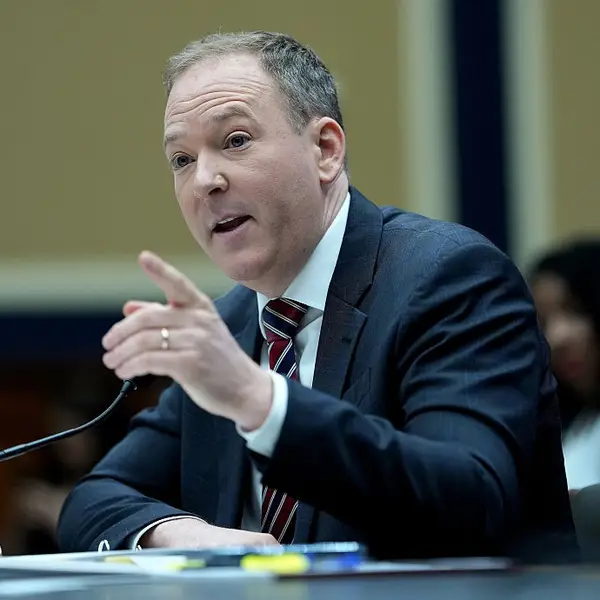The Environmental Protection Agency concluded in June that there was "no convincing evidence" that glyphosate, the most widely used herbicide in the U.S. and the world, is an endocrine disruptor.
On the face of it, this was great news, given that some 300 million pounds of the chemical were used on U.S. crops in 2012, the most recent year measured, and endocrine disruption has been linked to a range of serious health effects, including cancer, infertility, and diabetes. Monsanto, which sells glyphosate under the name Roundup, certainly felt good about it. "I was happy to see that the safety profile of one of our products was upheld by an independent regulatory agency," wrote Steve Levine on Monsanto's blog.
But the EPA's exoneration -- which means that the agency will not require additional tests of the chemical's effects on the hormonal system -- is undercut by the fact that the decision was based almost entirely on pesticide industry studies. Only five independently funded studies were considered in the review of whether glyphosate interferes with the endocrine system. Twenty-seven out of 32 studies that looked at glyphosate's effect on hormones and were cited in the June review -- most of which are not publicly available and were obtained by The Intercept through a Freedom of Information Act request -- were either conducted or funded by industry. Most of the studies were sponsored by Monsanto or an industry group called the Joint Glyphosate Task Force. One study was by Syngenta, which sells its own glyphosate-containing herbicide, Touchdown.
Findings of Harm Were Dismissed
Who pays for studies matters, according to The Intercept's review of the evidence used in the EPA's decision. Of the small minority of independently funded studies that the agency considered in determining whether the chemical poses a danger to the endocrine system, three of five found that it did. One, for instance, found that exposure to glyphosate-Roundup "may induce significant adverse effects on the reproductive system of male Wistar rats at puberty and during adulthood." Another concluded that "low and environmentally relevant concentrations of glyphosate possessed estrogenic activity." And a review of the literature turns up many more peer-reviewed studies finding glyphosate can interfere with hormones, affecting such things as hormonal activity in human liver cells, functioning of rat sperm, and the sex ratio of exposed tadpoles.
Yet, of the 27 industry studies, none concluded that glyphosate caused harm. Only one admitted that the pesticide might have had a role in causing the health problems observed in lab animals exposed to it. Some rats that consumed it were more likely to have to have soft stools, reduced body weight, and smaller litters. But because that evidence didn't meet a test of statistical significance, the authors of the Monsanto study deemed it "equivocal."
Indeed, many of the industry-funded studies contained data that suggested that exposure to glyphosate had serious effects, including a decrease in the number of viable fetuses and fetal body weight in rats; inflammation of hormone-producing cells in the pancreas of rats; and increases in the number of pancreatic cancers in rats. Each is an endocrine-related outcome. Yet in each case, sometimes even after animals died, the scientists found reasons to discount the findings -- or to simply dismiss them.
Read the full article at The Intercept.



